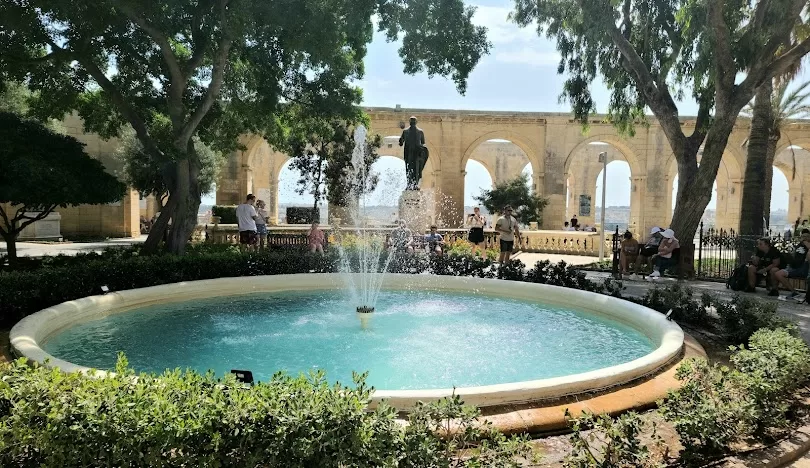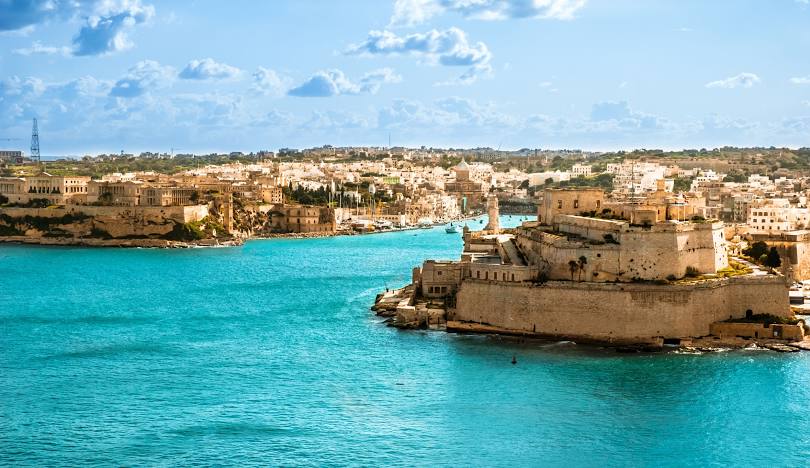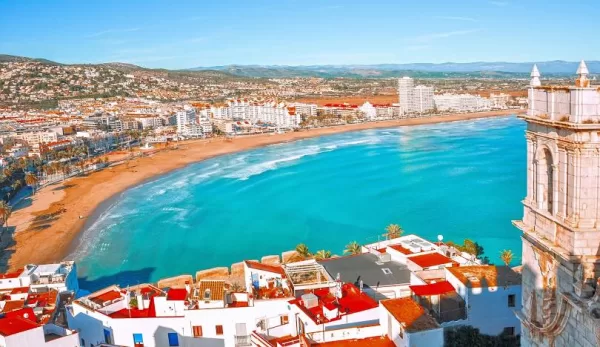Why Study in Malta?
Malta is an increasingly popular destination for international students, offering a unique blend of historical charm, quality education, and a vibrant Mediterranean lifestyle. Here are some compelling reasons to choose Malta for higher education:
Rich Cultural Heritage: Malta boasts a rich cultural heritage, with a history influenced by various civilizations, including the Phoenicians, Romans, and British. International students can immerse themselves in this diverse cultural landscape while studying in Malta.
High-Quality Education: Malta has reputable educational institutions, including universities that offer a wide range of programs recognized internationally. The education system is well-structured and designed to meet the needs of students from around the world.
Affordable Living Costs: Compared to many other European countries, Malta offers relatively affordable living costs. This makes it easier for international students to manage their budget while enjoying a high standard of living.
Bilingual Environment: With both Maltese and English as official languages, Malta provides an excellent environment for English-speaking students. This bilingual setting also allows students to learn or improve their Maltese language skills if desired.
Safe and Welcoming Community: Malta is known for being a safe and welcoming country with a friendly and hospitable local population. International students feel comfortable and supported during their stay.
Mediterranean Lifestyle: Living in Malta means experiencing the relaxed Mediterranean lifestyle, complete with beautiful beaches, sunny weather, and outdoor activities. Students can enjoy a healthy balance between academic life and leisure.
Strategic Location: Situated in the heart of the Mediterranean, Malta provides easy access to other European and North African countries. This strategic location is ideal for students who wish to travel and explore other regions.
Opportunities for Personal Growth: Studying in Malta offers a chance for personal development and cultural exchange, with various opportunities for students to engage in community activities, internships, and international networking.
In summary, Malta provides a unique combination of quality education, cultural richness, and an appealing lifestyle, making it a fantastic destination for international students seeking academic and personal growth.
Cost of Studying and Living as a Student in Spain
Spain is an attractive destination for many international students seeking high-quality education at affordable costs. In this guide, we will explore the cost of studying and living as a student in Spain and how to manage these financial aspects effectively.
1. Cost of Tuition: The cost of tuition in Spain varies depending on the educational institution and the type of study program. Generally, tuition fees at public universities are lower than at private institutions. International students can expect to pay between €700 and €2,500 per year at public universities, while tuition fees at private universities can be higher.
2. Living Costs: Living expenses in Spain are influenced by the city you choose to live in and your personal lifestyle. Overall, living costs in major cities like Madrid and Barcelona are slightly higher compared to smaller cities. It is estimated that the cost of living, including rent, food, transportation, and entertainment, ranges from €700 to €1,200 per month.
3. Housing: International students have several housing options in Spain, including staying in university residences or renting a private apartment. Housing costs vary depending on the location, type of accommodation, and available facilities. Rent can range from €300 to €600 per month.
4. Personal Expenses: In addition to rent and tuition fees, international students should also consider personal expenses such as food, transportation, study materials, and entertainment. These costs can amount to approximately €300 to €500 per month.
5. Budgeting and Financial Planning: It is important for students to manage their finances wisely and set a specific budget for monthly expenses. Spain offers various student discounts and deals that can help reduce costs, and students can save money by taking advantage of these opportunities.
In summary, the cost of studying and living in Spain as a student varies depending on several factors. Careful planning and smart budgeting are essential to ensure a comfortable and affordable study experience in this wonderful country.
How to Apply Through Asas Office for Studying Abroad:
Contact Us: Start by reaching out to our office via email, phone, or visiting our website. We are happy to assist you through every step of the process.
Personal Consultation: Once you get in touch with us, one of our advisors will provide a personal consultation to understand your educational needs and assist in choosing the right university or institute for you.
Information Gathering: We will help you gather the necessary information about study programs, requirements, estimated costs, and application deadlines for each university or institute.
Submitting Applications: After selecting your universities or institutes, we will assist you in submitting your applications accurately and on time, providing support at every stage of the process.
Document Preparation: We will guide you in preparing all the required documents for your application, including your resume, academic certificates, recommendation letters, and any other necessary paperwork.
Application Follow-Up: We will track your applications and communicate with the universities or institutes on your behalf to ensure your applications are submitted correctly and within the deadlines.
Visa Assistance: Once you are accepted into a study program, we will assist you with the student visa process, including support in filling out forms and preparing the required documents.
Advisory Support: We will be with you at every stage of your study journey, offering advisory support and assistance in resolving any issues or questions you may have.
In summary, we provide personalized and specialized services for all aspects of the application and study process in Spain, ensuring that you achieve your educational goals successfully.
In Spain, there are numerous prestigious institutes and universities offering a wide range of high-quality educational programs. Among the top educational institutions in Spain:
- University of Barcelona (Universitat de Barcelona): One of the oldest universities in the world, renowned for its exceptional programs across a wide array of disciplines.
- Complutense University of Madrid (Universidad Complutense de Madrid): One of the largest universities in Europe, offering a vast range of academic programs and world-class research.
- University of Oviedo (Universidad de Oviedo): Known for offering a variety of programs in fields such as engineering, medicine, arts, and social sciences.
- Polytechnic University of Madrid (Universidad Politécnica de Madrid): Distinguished for its outstanding engineering and technical programs, considered one of the best universities in Spain for engineering.
- University of Navarra (Universidad de Navarra): A leading private university in Spain, offering high-quality academic programs in a diverse range of disciplines.
- Carlos III University of Madrid (Universidad Carlos III de Madrid): A modern university known for its excellence in social sciences, economics, and legal studies.
- Ramon Llull University (Universidad Ramon Llull): Home to several prestigious colleges and schools, such as ESADE Business School and IQS School of Management, offering a wide range of programs in various fields.
Remember that selecting a university depends on your academic needs and personal interests, so it’s advisable to conduct thorough research on each university, its programs, and facilities before making your decision.
information about Malta
- Official Languages: Maltese and English
- Capital: Valletta
- Area: 316 square kilometers (the smallest country in the European Union by area)
- Currency: Euro (EUR)
- Location: An archipelago in the central Mediterranean, south of Italy.
- Number of Universities and Colleges: 3 universities
- Number of International Students: More than 8,000 students




















